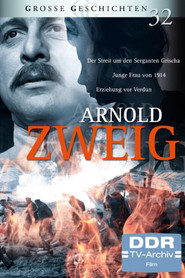detail profile j c3 b6rg gillner
Peran Yang Di Mainkan Jörg Gillner
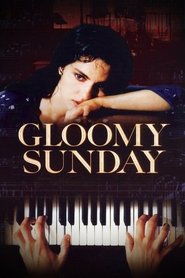 Budapest in the thirties The restaurant...
Budapest in the thirties The restaurant...Gloomy Sunday 1999
Budapest in the thirties. The restaurant owner Laszlo hires the pianist András to play in his restaurant. Both men fall in love with the beautiful waitress Ilona who inspires András to his only composition. His song of Gloomy Sunday is, at first, loved and then feared, for its melancholic melody triggers off a chain of suicides. The fragile balance of the erotic ménage à trois is sent off kilter when the German Hans goes and falls in love with Ilona as well.
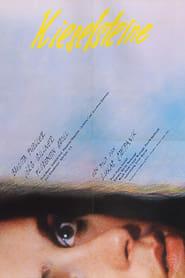 Vienna in the eighties An accidental...
Vienna in the eighties An accidental...Kieselsteine 1983
Vienna in the eighties. An accidental meeting in a restaurant. She, Hannah, is Jewish and has a live-in lover, a young and successful architect. He, Friedrich, is a German and lives permanently in Vienna. Two worlds collide with another, begin to become entangled in each other. Friedrich too, has his problems. He is a "German", which fascinates and repels Hannah at the same time. She tries to get over her confusion by being ironic and flirtatious. Simultaneously, what she has tried to suppress breaks through in flashbacks...
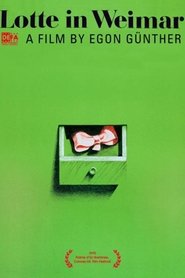 Johann Wolfgang von Goethe 17491832 was the...
Johann Wolfgang von Goethe 17491832 was the...Lotte in Weimar 1975
Johann Wolfgang von Goethe (1749-1832) was the author of Werther, the romantic novel that was transformed into a play during Goethe's lifetime and which initiated the whole German romantic movement. The book's story tells of young love and suicide. In this East German film, based on a book by Thomas Mann, Lotte (Lilli Palmer) was the woman who served as the model for the heroine in the novel Werther. She comes to Goethe's hometown for a visit, and her experiences there eerily re-create episodes from the book. Goethe comes across as a pompous old bore, and his friends as pandering sycophants, in this very proper communist party-sponsored, anti-heroic movie.
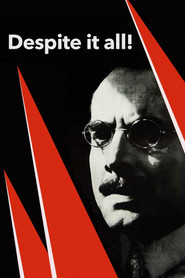 October 1918 Karl Liebknecht is released from...
October 1918 Karl Liebknecht is released from...Despite It All! 1972
October 1918: Karl Liebknecht is released from prison and Berlin workers celebrate his release. Although WWI is almost over, the German Kaiserreich in vain sends its last reserves to the slaughter. The working class is in a rebellious mood; the uprising of Kiel’s sailors against war and militarism sets off a call for revolution led by Liebknecht. On November 9, Liebknecht declares the Free Socialist Republic of Germany. But pro-Kaiser military and right wing Social Democrats oppose him.
 A train travels through the vastness...
A train travels through the vastness...On the Way to Lenin 1970
A train travels through the vastness of Russia, a train with German prisoners of war returning home, and Viktor Kleist, a young German communist from an intellectual home in Munich, travels back home with them. During the journey, the stations on his way to Lenin wake up again.
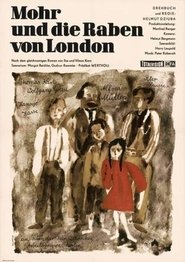 London in 1856 Karl Marx is living...
London in 1856 Karl Marx is living...Mohr und die Raben von London 1969
London in 1856. Karl Marx is living in exile in the British capital. One day, "Mohr", as Marx is called by his friends, meets the 13-year old worker′s son Joe. The boy works every day for twelve hours in a spinning mill and even has to work night shifts although that violates current rules. Marx tries to end the illegal activities of the spinning mill owner and one night shows up at the mill together with an inspector. But his foray is undermined by a robbery by the rebellious raven gang that is led by Joe′s brother Billy. The spinning mill owner of course takes this chance to blame his young workers for the theft. But Marx is not let astray and does not stop to fight against child labour. Furthermore, he tries to get the members of the raven gang back on the straight and narrow – with success.

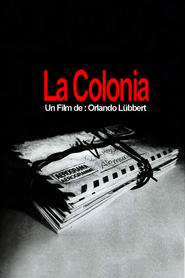 During Pinochets military dictatorship in Chile...
During Pinochets military dictatorship in Chile...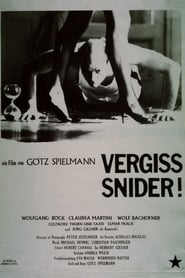 Witty literary and intellectual Kammerspiel film...
Witty literary and intellectual Kammerspiel film...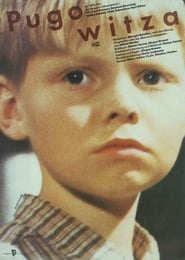 World War II is over and...
World War II is over and...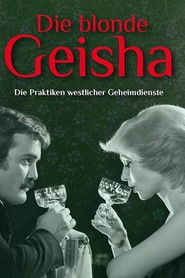
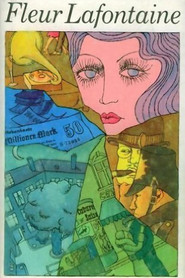
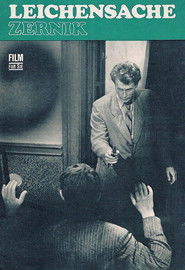 After meeting the woman on the...
After meeting the woman on the...